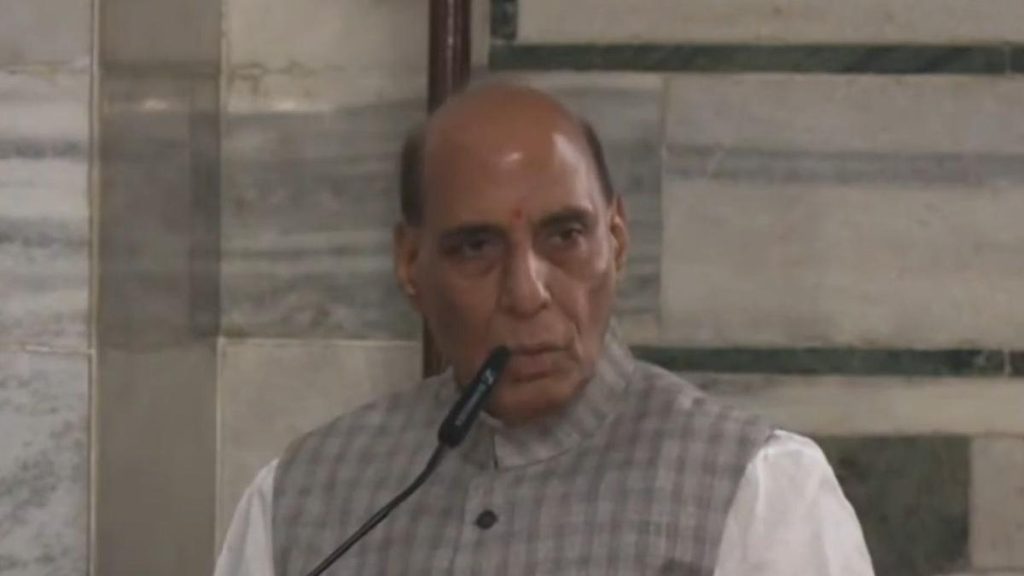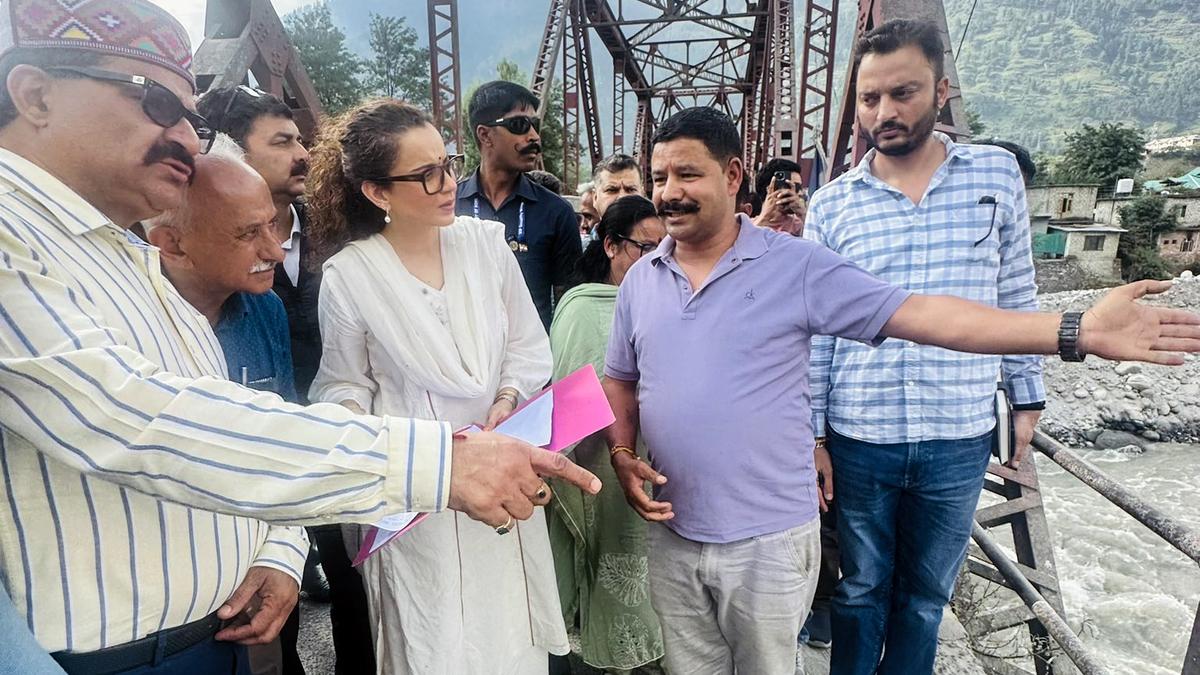Now Reading: BlackBuck Stays Rooted in Bengaluru, Confirms Co-Founder
-
01
BlackBuck Stays Rooted in Bengaluru, Confirms Co-Founder
BlackBuck Stays Rooted in Bengaluru, Confirms Co-Founder
Fast Summary
- BlackBuck’s co-founder & CEO, Rajesh Yabaji, clarified on September 18 that the company is not moving out of Bengaluru but relocating to a different location within the city.
- Yabaji cited commuting challenges and road infrastructure issues at Bellandur on Outer Ring Road (ORR) as reasons for relocation.
- His initial statement sparked criticism and debate around Bengaluru’s infrastructure problems, with industry leaders like Mohandas Pai and Kiran Mazumdar-shaw urging the Karnataka government to address these issues urgently.
- BlackBuck began operations in 2015 in Koramangala before moving to Bellandur ORR in 2016 due to larger office space and better facilities.
- Yabaji emphasized that ORR and Bengaluru have been vital for the company’s growth, adding that a critically important portion of their operations will continue at ORR despite relocating some teams.
- Andhra Pradesh IT Minister Nara Lokesh invited BlackBuck to move its operations to Visakhapatnam after Yabaji’s earlier remarks went viral online.
- Yabaji’s post highlighted increased commute times (1.5+ hours one way), pothole-ridden roads, dust concerns, and perceived lack of urgency from local authorities in improving infrastructure.
Indian Opinion Analysis
The concerns highlighted by BlackBuck about Bangalore’s deteriorating road infrastructure underscore a broader challenge faced by many tech-driven firms operating in India: balancing rapid business growth against infrastructural bottlenecks. As India’s leading tech hub, Bengaluru attracts start-ups for its talent pool but risks losing competitive advantage if commuting inefficiencies continue unchecked. The CEO’s clarification reaffirming commitment to stay within Bengaluru alleviates fears of an exodus; however, industry leaders’ calls for immediate intervention suggest deeper systemic issues.The Karnataka government must view this episode as a wake-up call.While companies like BlackBuck publicly express gratitude towards the city’s ecosystem enabling their scalability over years, they equally stress urgent infrastructural upgrades needed for sustained long-term viability. Unaddressed challenges may led competitors – or even state governments – luring firms away towards alternative hubs promising ease of business operations.
Published – September 19th – Full Article here

























